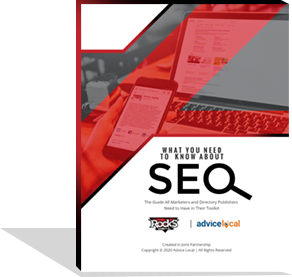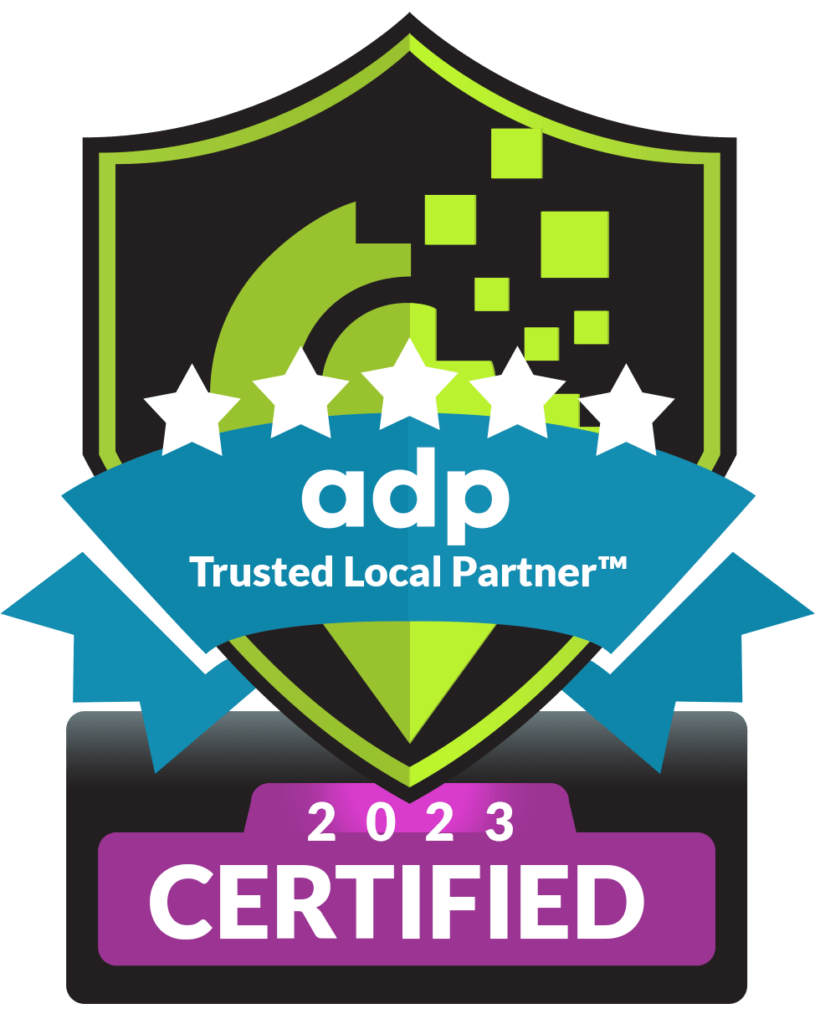There was a lot of discussion at the conference about Google’s local search algorithm. Andrew Shotland and his team took a unique approach and attempted to reverse-engineer the algorithms. They were on a quest for the perfect local SEO ranking factors.
They analyzed a number of different factors: links, Google My Business listing, website and off-site local. The data points were put together via repeated Google searches based on keyword and geographic location (city). They partnered with PlacesScout and also used data from Moz and Majestic.
They looked at ~3,000 local searches, ~30,000 Google My Business listings, websites, links and citation profiles which gave them over a million quantitative data points to analyze. Then they applied two statistical methods which were employed to properly correlate the data. One was to analyze ordinal variables (continuous or integer independent variables) and the other was used for categorical independent variables.
The Ordinal Variables
- Total customer reviews
- Followers
- Average rank of citations
- Total mentions
- Authority of citations
- Links (and there were a number of factors related to links that were explored)
It turns out that the organic algorithm outweighed the local algorithm. Links are the key to ranking. Websites matter a LOT!
“As the internet and our understanding of the internet have grown in complexity, the Toolbar Page Rank score has become less useful to users as a single isolated metric.”
Key piece of advice – Meta Keyword Tags are NOT important (anyone who says this is important should be summarily ignored)!
Local Search Algorithm Drivers
So, in your pursuit of the magical (unicorn) algorithm, where do you focus your efforts?
- Links
- Website
- Google My Business Listing
- Off-Site Local (Citations)
Have Andrew and his team completely “cracked the code” yet? Not quite but they’re getting close. What is clear is that links dominated the quantitative analysis of local SEO ranking factors. If you are not focused on, and investing in, building links and your website, you’re not focused on, and investing in the right things. Yes, Google My Business listings and citations (and ‘traditional SEO’) do have a place in your strategy, but they should not be your primary focus. And, given the data from this study, it seems like Google is working to expand the scope of what it takes to rank in local search.
Honestly, a blog post doesn’t really do this topic justice. I urge you to check out the slidedeck below.
Don’t forget to read more here and get a complete picture of what’s going on with the local search algorithm. And realize that it’s going to keep changing and evolving, so be sure to keep up on what Andrew and his team are doing to keep you in the loop!
Laura Darkstar
Laura Darkstar, owner of Adminderella, is an Administrative Strategist, Blogger, Entrepreneur & Aspiring Novelist. She loves social media and small biz owners.



















